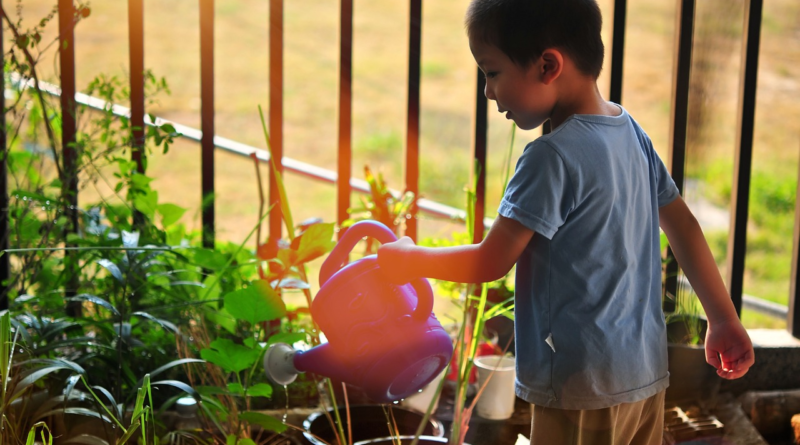Are You Doing Enough To Keep Your Garden Healthy This Summer?
We all want a healthy and gorgeous garden that thrives in the sunlight and provides the perfect backdrop for relaxing days out in our yard. However, most of us simply don’t want to have to sacrifice too much time working towards it. That said, you have to be aware of the needs of the garden, and put in the care that will keep everything growing healthy and happy. Here are some of the needs you have to ensure that you’re meeting.
Watering your garden
Effective watering is crucial during the hot summer months when evaporation rates are high. To optimize water use, it is best to water your garden early in the morning or late in the evening to reduce evaporation, ensuring that water reaches the roots rather than evaporating in the midday heat. Opt for deep, infrequent watering instead of shallow, frequent watering. This encourages roots to grow deeper into the soil, making plants more drought-resistant. Utilizing drip irrigation, like that shown at https://www.dripworks.com/, and soaker hoses can deliver water directly to the base of plants, minimizing water waste and keeping foliage dry, which reduces the risk of fungal diseases.
Pruning your garden
While you might be content to see your garden grow a little wild, it can be bad for its health if left unchecked. Mowing your lawn is important, for instance, as longer grass allows for more weeds to grow, not to mention providing a home for pests (more on that later.) Trimming your bushes and trees with the help of services like http://salslandscapetree.com/ is important, as well, as dead and damaged branches can grow back better when they’re trimmed. What’s more, heavy branches can be at risk of falling off, which can be a real safety risk to anyone who happens to be beneath them.
Managing your pests
Keeping pests and diseases at bay is essential for garden health. Regular monitoring of plants for signs of pests or diseases allows for early detection and prompt action, reducing the likelihood of severe infestations or outbreaks. Encouraging beneficial insects like ladybugs, lacewings, and bees by planting a variety of flowers and maintaining a diverse garden ecosystem helps control pest populations naturally. Using natural pest control methods, such as neem oil, insecticidal soap, or diatomaceous earth, can manage pests without harming the environment.
Keeping your soil healthy
Healthy soil is the foundation of a thriving garden. Regular soil testing is essential to check for nutrient deficiencies and pH levels, allowing you to amend the soil based on test results to ensure plants have access to necessary nutrients. Adding compost enriches the soil with organic matter, improving its structure and fertility. Compost enhances water retention and provides a slow-release supply of nutrients. Planting cover crops, such as clover or legumes, can improve soil structure, add organic matter, and fix nitrogen in the soil.
A garden only becomes too much work if you let it get to that state. Regular monitoring and proactive care will help you address any issues promptly, ensuring your garden remains healthy and productive all season long.



